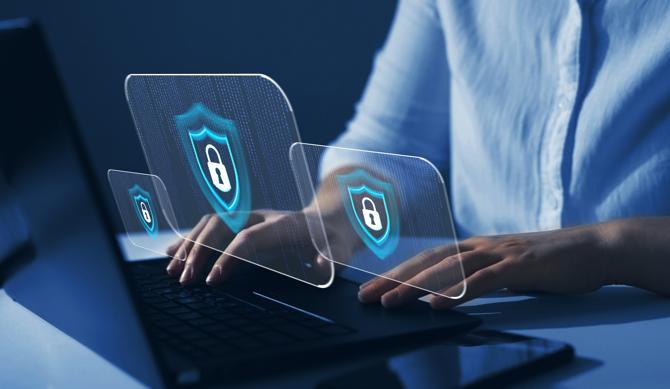In the digital age, where our lives are intricately intertwined with technology, ensuring the security of our personal computers (PCs) is paramount. With cyber threats constantly evolving and becoming more sophisticated, it's essential to implement robust virus protection measures to safeguard our systems and data. In this article, we'll delve into essential tips for virus protection pc (virenschutz pc), empowering users to shield their systems from malicious attacks and cyber threats.

- Install Antivirus Software
The first line of defense against viruses and malware on your PC is reliable antivirus software. Choose a reputable antivirus program and ensure it is regularly updated to defend against the latest threats. Schedule regular scans to detect and remove any malicious software that may have infiltrated your system.
- Keep Your Operating System Updated
Regularly update your operating system (OS) with the latest security patches and updates provided by the software vendor. These updates often contain critical security fixes that address vulnerabilities exploited by cybercriminals. Enable automatic updates to ensure your OS is always up-to-date with the latest protections.
- Enable Firewall Protection
Activate the built-in firewall on your PC to monitor and control incoming and outgoing network traffic. Firewalls act as a barrier between your PC and potential threats from the internet, blocking unauthorized access and preventing malware from infiltrating your system.
- Exercise Caution When Browsing the Web
Exercise caution when browsing the internet and downloading files from unknown or suspicious websites. Be wary of clicking on links or downloading attachments from unfamiliar sources, as these could contain malware or phishing attempts designed to compromise your system.
- Use Strong Passwords and Two-Factor Authentication
Protect your PC and online accounts with strong, unique passwords that are difficult to guess. Consider using a reputable password manager to generate and store complex passwords securely. Additionally, enable two-factor authentication (2FA) wherever possible to add an extra layer of security to your accounts.
- Be Cautious with Email Attachments
Be cautious when opening email attachments, especially if they come from unknown or unexpected senders. Malicious attachments are a common vector for malware distribution, so exercise discretion and only open attachments from trusted sources.
- Backup Your Data Regularly
Backup your important files and data regularly to an external hard drive, cloud storage service, or another secure location. In the event of a virus infection or system compromise, having backups ensures that you can restore your data and minimize the impact of an attack.
- Enable Automatic Updates for Software Applications
In addition to keeping your OS updated, ensure that all software applications installed on your PC are also regularly updated with the latest security patches and bug fixes. Many software vulnerabilities are exploited by cybercriminals, so enabling automatic updates helps mitigate these risks.
- Use Secure Wi-Fi Networks
When connecting to Wi-Fi networks, prioritize secure networks with encryption and password protection. Avoid connecting to public Wi-Fi networks without proper security measures in place, as these networks are often targeted by cybercriminals for eavesdropping and other attacks.
- Educate Yourself on Cybersecurity Best Practices
Stay informed about the latest cybersecurity threats and best practices for virus protection on PC. Educate yourself on common attack vectors, such as phishing scams and social engineering tactics, and learn how to recognize and avoid potential threats.
By implementing these essential tips for virus protection on PC, you can shield your system from malicious attacks and safeguard your valuable data. Remember that cybersecurity is an ongoing process, and staying vigilant is key to protecting yourself against evolving cyber threats in today's digital landscape.
 icons at the top right corner of the subsection.
icons at the top right corner of the subsection.